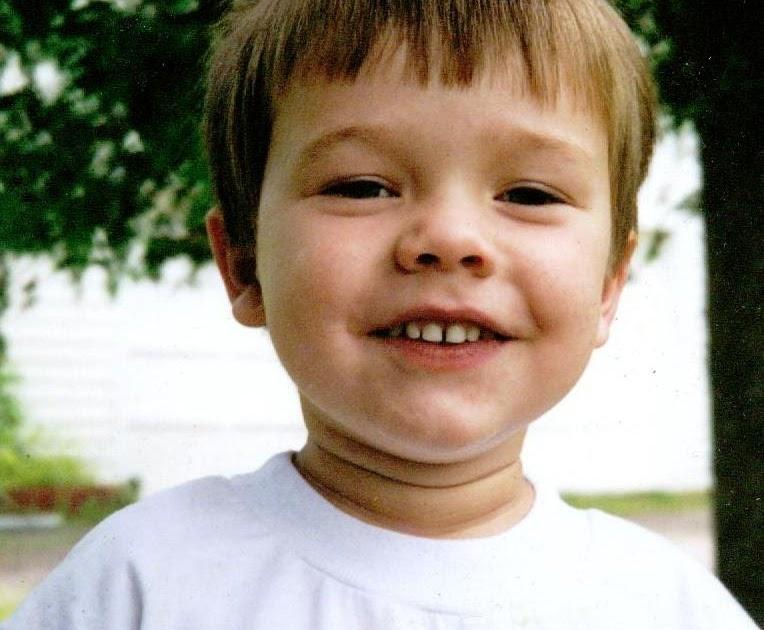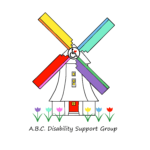Elopement

What Is Elopement
Elopement, sometimes referred to as wandering, is a behavior characterized by a child’s tendency to leave a safe area or a responsible caregiver (CDC).
How Can Elopement Affect a Family
A child seeking to get to something may include the child eloping in order to get to a neighborhood park or to see something interesting that catches their eye like a garbage truck. A child looking to avoid may be prompted by a loud noise like the neighbor mowing the lawn or by a demand from a caregiver such as, “It’s time to come inside.” Children may also elope in order to seek out sensory input. When a child runs, jumps, climbs, or engages in other motor movements it provides proprioceptive sensory input. Proprioceptive input is a part of the sensory processing system where we receive input in our muscles and joints when engaging in motor activities. So the actual act of elopement may be what prompts the child to elope from a safe space. There is a significantly higher rate of elopement for children identified with an intellectual or developmental disability than that of a typically developing child.
Concerns that exist when a child elopes includes drowning, involvement in a traffic accident, and concern that the child will be lost for a significant period of time without access to necessities like food and water. Elopement is a common behavior among children with intellectual or developmental disabilities and can be challenging to address.
Why Is This Relevant
When children engage in elopement it is an ongoing process to teach safety skills and alternative behaviors. It can take months or years for a child with an intellectual or developmental disability to develop the awareness and skills to be able to keep themselves safe. Some individuals will receive support in this area throughout their lives.
ABC Disability Support Group is committed to supporting families in our community through a variety of services. However, other services we provide access to are irrelevant if we cannot address a child’s safety first. The goal of this project is to work preventatively to keep children in our community with intellectual and developmental disabilities safe.
ABC Disability Support Group's Completed Projects
The project includes building a six-foot privacy fence around the family’s yard that includes a buddy fence. A buddy fence is a fence that has pickets on both sides of the fence thus eliminating the possibility for a child to climb the runners that go horizontal along the fence where the pickets are attached.
References
“Disability and Safety: Information on Wandering (Elopement)” Safety and Children with Disabilities 18 September 2019, Centers for Disease Control and Prevention, https://www.cdc.gov/ncbddd/disabilityandsafety/wandering.html. Accessed 20 July 2021.
How Can I Help?

Core Values
At ABC Disability Support Group, transparency, integrity, and inclusivity are our core values. They steer our efforts as we diligently work to close the gap between individuals seeking assistance and those eager to offer support.
